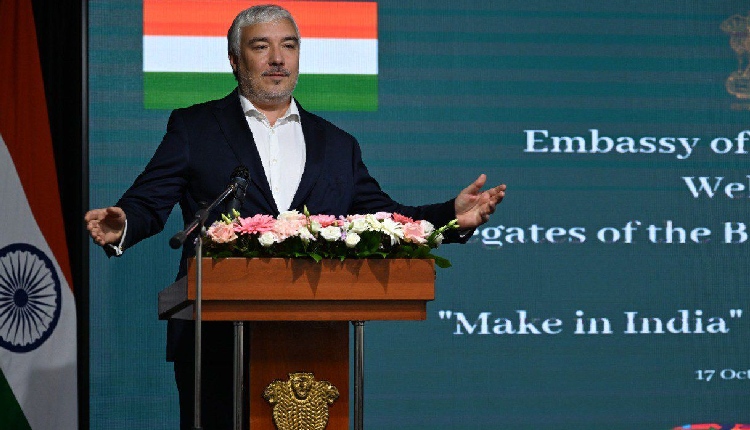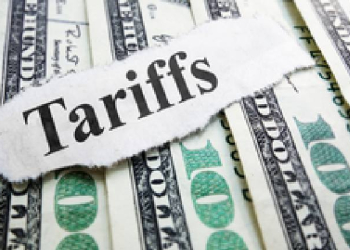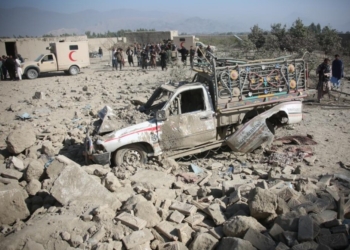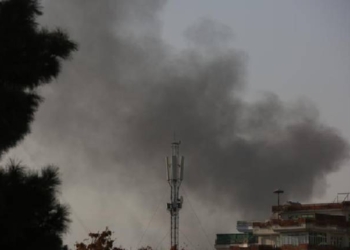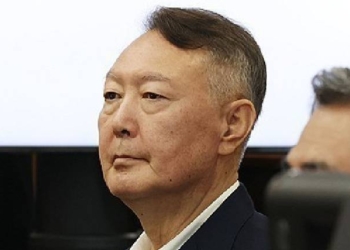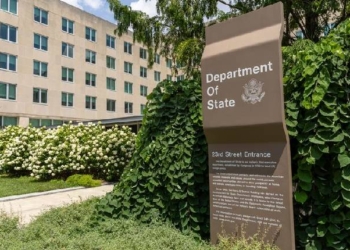New Delhi: The Russian Ambassador to India Denis Alipov, has expressed his optimism in welcoming Prime Minister Narendra Modi, alongside 40 other heads of state and leaders, at the upcoming BRICS Summit in Kazan.
Ambassador Alipov highlighted the significance of this year’s summit, emphasising BRICS’ commitment to respecting civilisational diversity, promoting global cooperation, and maintaining independence from external pressures and double standards.
“The BRICS framework is unique in its respect for civilisational diversity and its steadfast commitment to non-interference in domestic affairs,” Ambassador Alipov stated.
“This approach has allowed BRICS to establish a platform that is free from external pressure and aligned with the principles of mutual respect and sovereignty,” he added.
As global interest in BRICS continues to grow, Ambassador Alipov acknowledged the natural trajectory of the group’s expansion.
He noted, “It is inevitable for BRICS to expand in one way or another, given its increasing geopolitical and practical relevance.”
He further underscored the need for prospective BRICS member countries to be “economically ambitious” and committed to opposing “illegitimate sanctions.”
Reflecting on the organisation’s pivotal role, Ambassador Alipov stressed BRICS’ promotion of the Global South’s agenda.
He highlighted the need for an alternative to the current global financial systems, particularly calling for the development of a substitute to the SWIFT payments system.
“The relevance of BRICS is growing in today’s geopolitical landscape, and we must advance alternatives to outdated financial structures that no longer serve the needs of emerging economies.”
As the anticipation builds for the summit in Kazan, Russia reaffirms its commitment to working closely with its BRICS partners in building a more equitable global order. The upcoming summit will address key global issues, further strengthening the BRICS alliance as a powerful voice for the Global South.
Meanwhile, in an ongoing effort to bolster economic cooperation between India and Russia, the Embassy of India in Moscow hosted a successful B2B Networking Dinner on the sidelines of the BRICS Business Forum.
The event brought together over 80 leading industry figures from both nations, creating a platform for productive dialogue and exploring potential trade and investment opportunities.
The dinner, presided over by Vinay Kumar, Ambassador of India to the Russian Federation, provided a unique opportunity for business leaders to engage in meaningful discussions about future strategic partnerships. Indian delegates from a wide array of industries, including technology, pharmaceuticals, manufacturing, and infrastructure, mingled with their Russian counterparts, setting the stage for a dynamic exchange of ideas.
In his address, Ambassador Kumar underscored the significance of India-Russia economic ties, particularly in the context of the evolving global landscape and the growing influence of BRICS nations.
He highlighted that initiatives like this networking dinner are crucial to expanding bilateral trade, increasing investment flows, and exploring new avenues for cooperation in emerging sectors such as digital technology and renewable energy.
The event is a reflection of India’s ongoing commitment to strengthening its trade relations with Russia, ensuring that businesses from both countries have the tools and networks necessary to thrive in each other’s markets.
The delegates expressed enthusiasm for deepening ties, citing the importance of collaboration in sectors like energy, defence, information technology, and healthcare.
Several notable discussions centred on the potential for joint ventures, increased market access, and collaborative innovation. The India-Russia economic partnership has long been built on a foundation of trust and mutual benefit, and this evening’s event has reaffirmed that shared vision for the future.
As part of the continuing efforts to enhance Indo-Russian economic ties, the Embassy of India in Moscow remains committed to facilitating more such engagements to foster enduring business relations and drive mutual growth.
(IANS)




